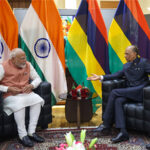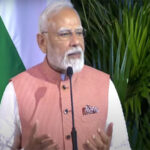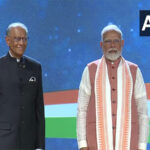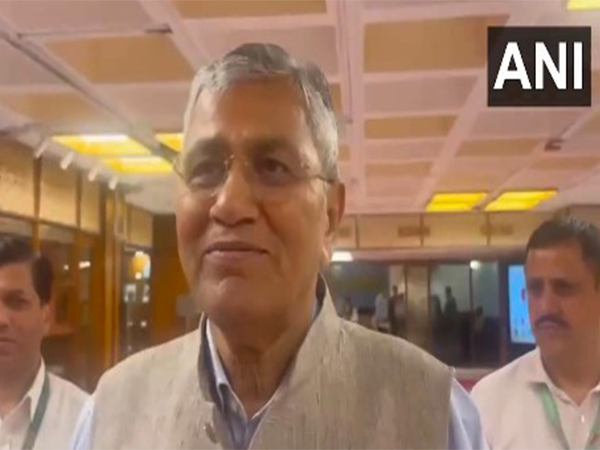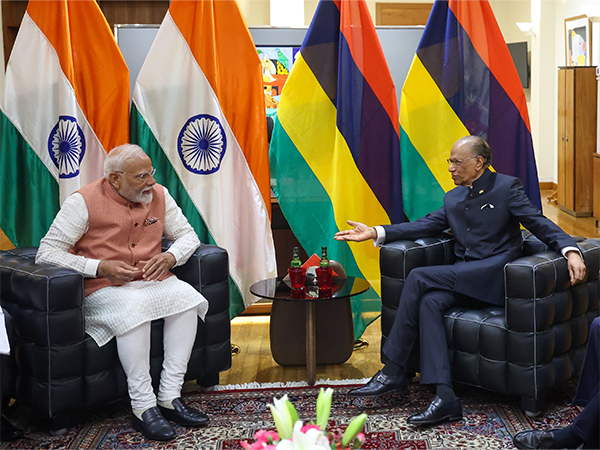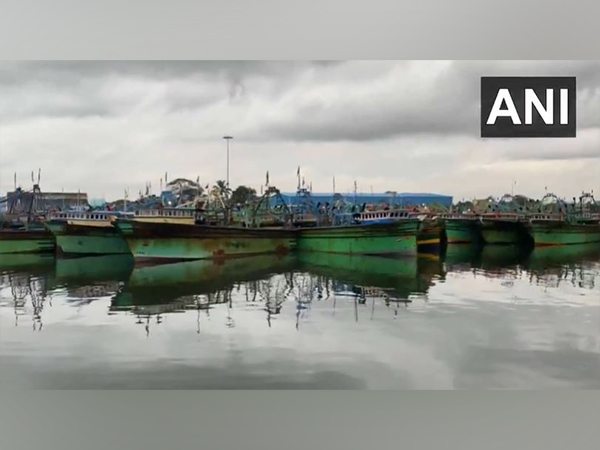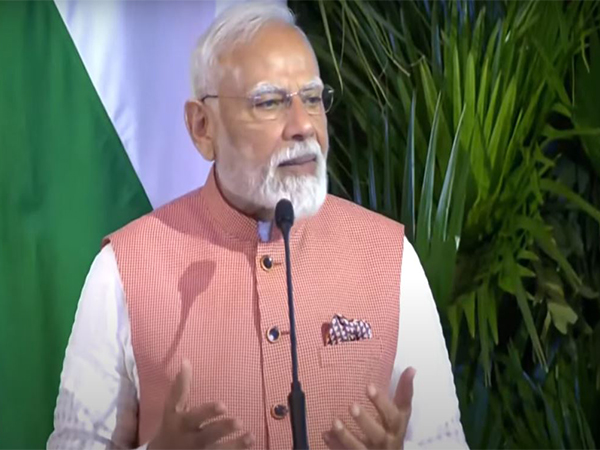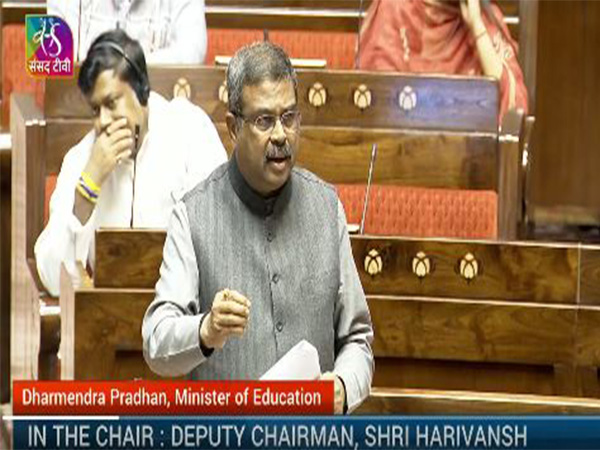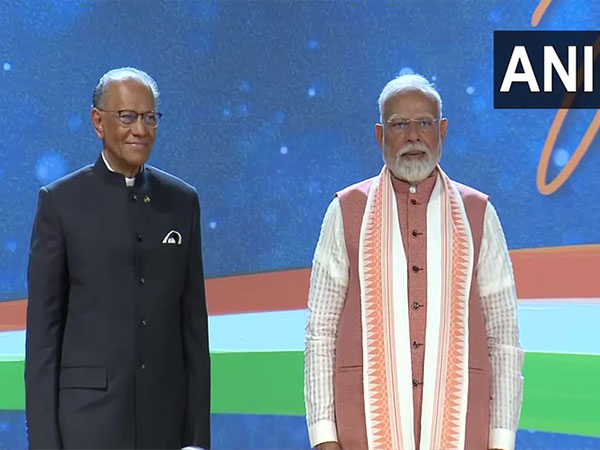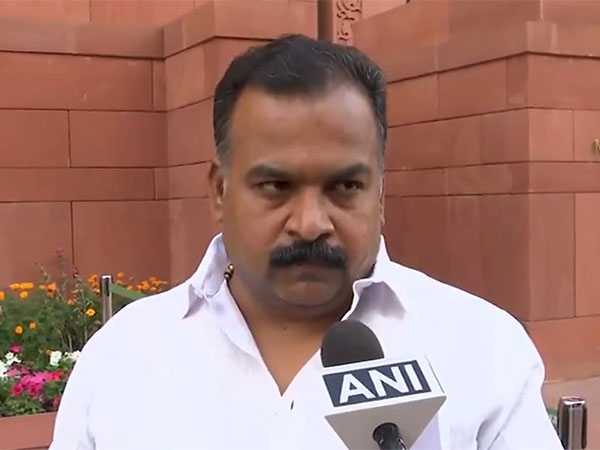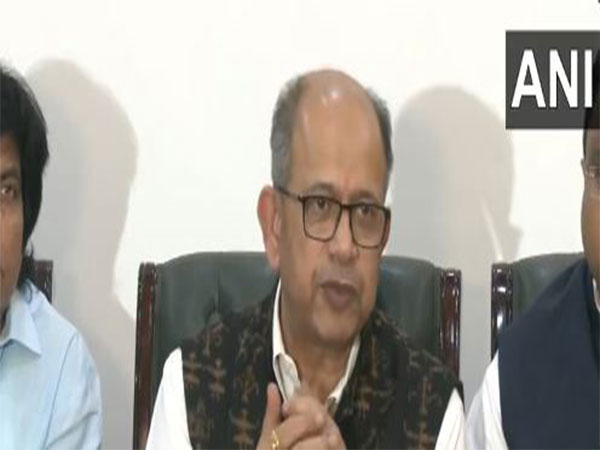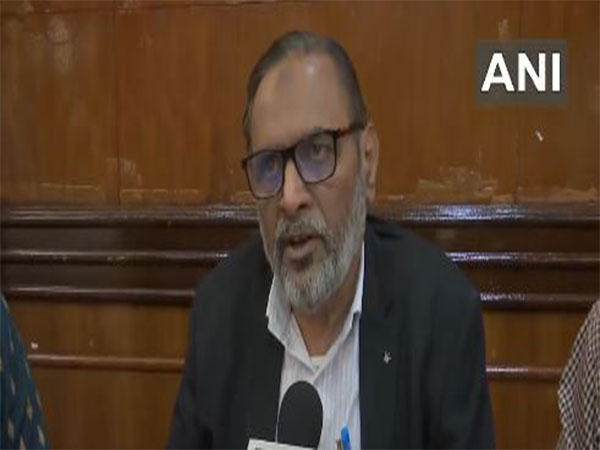
New Delhi [India], April 10 (ANI): A piece of tissue sample was transported via drone from a peripheral hospital for advanced pathological testing at a tertiary setting, the Indian Council of Medical Research (ICMR) said on Wednesday. The demonstration was conducted to decide whether the resected tissue was cancerous or not.
According to ICMR, the approach reduces the time of transporting the tissue sample from 60 minutes to 16 minutes which can enable faster decisions during surgery. “Next milestone achieved in healthcare delivery via drone! Tissue sample transported mid-surgery from a peripheral hospital for Advanced pathological testing at the tertiary setting for deciding if the resected tissue is cancerous or not,” ICMR posted on social media platform X.
“Reducing time from 60 minutes to 16 minutes (37 km) this innovative approach would enable faster decisions during surgery and improved access to high-level health care for patients in peripheral hospitals,” it added. The drone carried Onco-pathological samples from Dr TMA PAI Rotary Hospital, Karkala to Kasturba Medical College, MAHE, Manipal.
Notably, the demonstation as part of a path-breaking validation study has been undertaken for the first time in the country by the collaborative efforts of ICMR, Kasturba Medical College (KMC), Manipal and Dr TMA PAI Rotary Hospital, Karkala, the ICMR statement read.
During its inaugural flight, the drone efficiently transported intraoperative surgical biospecimens surgically excised (laparoscopic Appendicectomy, duration: 45 minutes) from the patient from Dr TMA Pai Hospital, Karkala to Kasturba Medical College, Manipal Academy of Higher Education Manipal (Tertiary Care Hospital), covering a distance of about 37 kilometres in 15-20 minutes, which take around 50-60 minutes by road.
Upon arrival, the sample was promptly analyzed, and the report was electronically conveyed back to the peripheral hospital. Subsequently, the surgeon proceeded with the surgery based on the received report. “The Indian Council of Medical Research (ICMR) has been a pioneer in using drones for healthcare purposes and successfully conducted the delivery of medical supplies, vaccines, and medicines in remote areas of Himachal Pradesh, Manipur and Nagaland, blood bag delivery in Delhi National Capital Region (NCR) under its i-DRONE initiative,” the statement added.
Highlighting the significance of the event, Rajiv Bahl, the Secretary of the Department of Health Research (DHR) and Director General, ICMR emphasized that the ‘i-DRONE’ initiative was initially utilized during the Covid-19 pandemic by ICMR for distributing vaccines to inaccessible areas.
Professor Atul Goel, Director General of Health Services (DGHS), said that the study holds significant relevance for the Indian context as it can serve effectively in challenging geographical terrains, benefiting the Indian population, while also bolstering India’s healthcare infrastructure.”
Following the demonstration, Dr Sumit Aggarwal, scientist and program officer, Division of Epidemiology and Communicable Diseases, ICMR, told ANI, “Expanding avenues for accessible and cost-effective healthcare delivery in peripheral hospitals, while pioneering insights for future organ transportation via drones. Leveraging rapid pathological reporting, reducing turnaround time from 100 to 45 minutes by road transport. Samples sent during surgery, enabling real-time reporting to surgeons, enhancing patient care.” (ANI)



